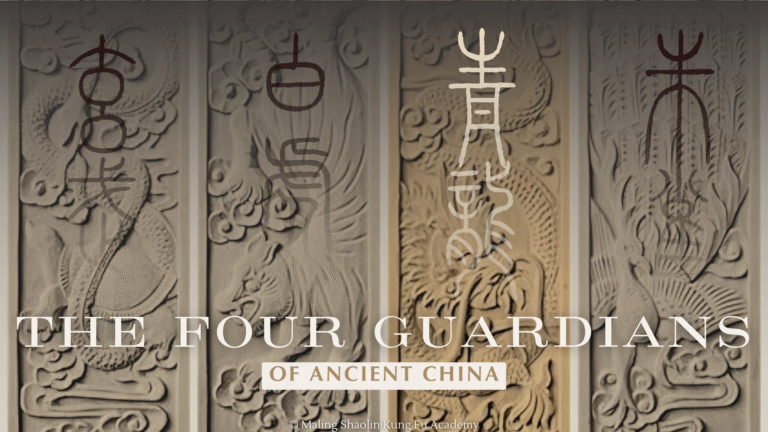
Early Life and Background
Zhang Fei (张飞, Zhāng Fēi), courtesy name Yide (翼德, Yìdé), was a prominent military general during the late Eastern Han dynasty and the Three Kingdoms period of China. Born around 167 AD in Zhuo County, You Province (present-day Zhuozhou, Hebei), Zhang Fei hailed from a modest background. His family were butchers and wine merchants, which was considered a lower-status profession. Despite his humble beginnings, Zhang Fei’s destiny was to become one of the most famous warriors in Chinese history.
A courtesy name (字, zì), also known as a style name, is a traditional Chinese practice of giving an individual a name to be used in formal or respectful contexts. This name is typically given to a person at the age of 20, marking their transition into adulthood. The use of courtesy names was a common cultural practice in ancient China and other East Asian countries influenced by Chinese culture, such as Korea and Japan.
Loyalty to Liu Bei
Zhang Fei is best known for his unwavering loyalty to Liu Bei, the founder of the state of Shu Han. According to historical texts and the classic novel “Romance of the Three Kingdoms,” Zhang Fei, along with Guan Yu, formed a brotherly bond with Liu Bei in the famous Oath of the Peach Garden. This oath symbolized their commitment to restoring the Han dynasty and their unbreakable loyalty to one another.
Military Prowess

Zhang Fei was renowned for his exceptional bravery, strength, and martial skills. His valor in battle earned him the moniker “General of the Tiger’s Might.” He played pivotal roles in several key battles during the turbulent era of the Three Kingdoms.
Battle of Hulao Pass
Zhang Fei’s fierce combat skills were first widely recognized during the battle against the tyrant Dong Zhuo’s forces. Alongside Guan Yu and Liu Bei, Zhang Fei fought the formidable warrior Lü Bu, showcasing his indomitable spirit.
Battle of Changban
Perhaps Zhang Fei’s most legendary moment came during the Battle of Changban in 208 AD. As Liu Bei’s forces retreated from the pursuing army of Cao Cao, Zhang Fei, with just a few dozen men, stood guard on a narrow bridge. His loud bellow and fierce demeanor caused Cao Cao’s troops to hesitate, allowing Liu Bei’s forces to escape. This act of bravery has been immortalized in Chinese folklore and literature.
Personality and Legacy
Zhang Fei’s personality was marked by his fiery temper and impetuousness. He was known for his straightforward and somewhat rough demeanor, which sometimes caused friction with his peers. Despite this, his loyalty to his brothers and his dedication to their cause were never in question.
Zhang Fei’s end came tragically in 221 AD, shortly after Liu Bei declared himself emperor of Shu Han. Zhang Fei was assassinated by his own subordinates, Fan Qiang and Zhang Da, who were reportedly unable to endure his harsh discipline.
Cultural Depictions

Zhang Fei’s legacy has been preserved and romanticized in Chinese culture through various forms:
“Romance of the Three Kingdoms”: In this classic 14th-century novel by Luo Guanzhong, Zhang Fei is depicted as a fierce and loyal warrior, embodying the virtues of courage and righteousness. His exploits and character have made him a cultural icon.
Operas and Dramas: Zhang Fei is a popular character in Chinese operas and dramas. His distinctive black face with bold white patterns in Peking opera symbolizes his fearsome and unyielding nature.
Statues and Temples: Numerous statues and temples have been erected in Zhang Fei’s honor, particularly in regions historically associated with the state of Shu. The Zhang Fei Temple in Yunyang County, Chongqing, is a notable example.
Conclusion
Zhang Fei remains a towering figure in Chinese history and culture. His bravery, loyalty, and martial prowess have cemented his place as one of the most revered heroes of the Three Kingdoms era. His life and legacy continue to inspire and captivate people, making him a timeless symbol of courage and dedication.





